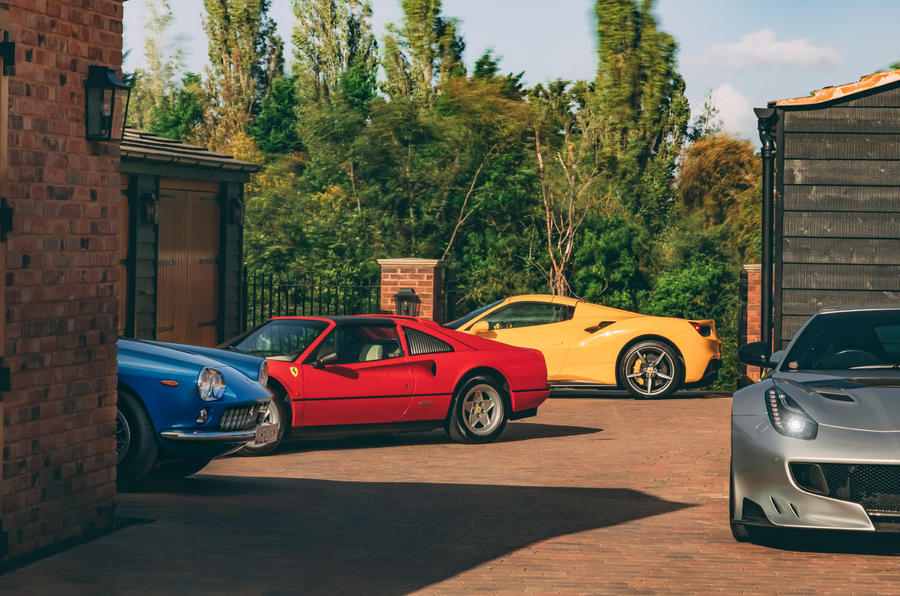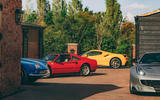Whenever we enthusiasts talk about special cars, we seem to concentrate first on what it is and what it costs. Only after we’ve found and financed the car of our dreams do we come to the biggest question of all: what on earth made us buy this machine in the first place?
Naked, long-held desire is the major driver, of course, but where does that come from? For the dozen or so people who run Bell Sport & Classic – a kind of outer-London nirvana for buyers and lovers of the world’s greatest cars – the answer has always been obvious. People buy special cars for the life experiences they provide: great driving, supremely enjoyable travel to destinations that suit cars of this type, plus the chance to mix with like-minded people who have such cars of their own. Perhaps, further into ownership, there will also be a chance to improve a car and upgrade it: only a very few odd souls buy a Ferrari to deny it the light of day.
Bell S&C is strategically located in rural Hertfordshire, in purpose-built premises opened in 2017 to cater for the progressive expansion of a business that started with lower-end classic cars in 1989. The new HQ at Markyate sits in a kind of green haven between Luton and Dunstable on the northern side, and Hemel Hempstead and St Albans to the south. Junction 10 of the M1 motorway is nearby, although you wouldn’t know it, especially when the large gates to Bell’s estate close behind you and its green lawns beckon as an ideal place to park whatever you’ve brought.
Of course, this is first and foremost a car dealership. It’s mostly a supercar emporium these days, although you can also buy the likes of a Triumph TR4A or an ex-Academy Caterham Seven. And if you were to go there at present, you’d probably get to park beside a huge, £250k Lamborghini LM002 off-roader that’s just been restored on the premises (“it arrived in boxes”). You don’t do that kind of thing every day.





























Join the debate
Add your comment
£5000 redundancy in the 1960s